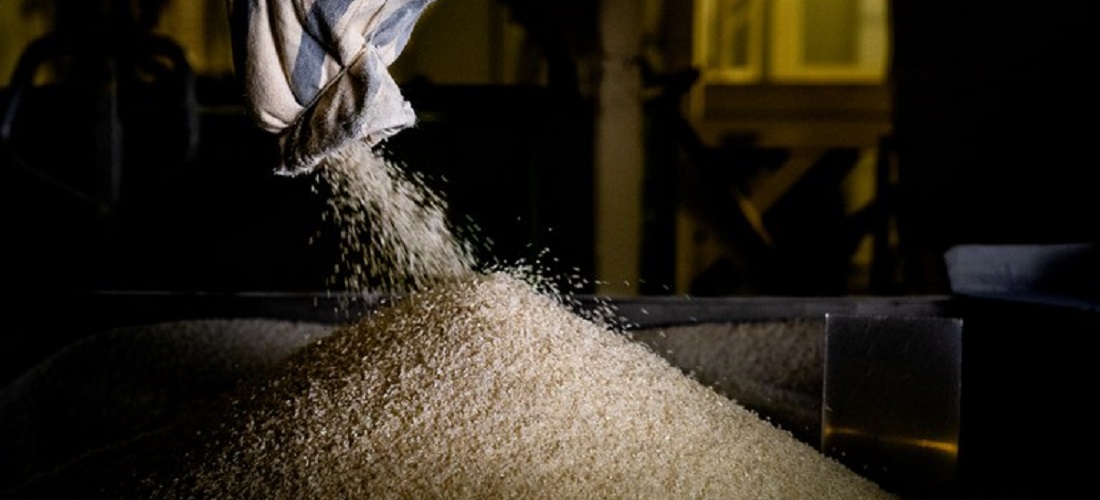
MINISTER OF AGRICULTURE REQUESTS A ZERO QUOTA TO IMPORT 400,000 TONS OF RICE
Sep, 09, 2020 Posted by Ruth HollardWeek 202037
Tereza Cristina, the Minister of Agriculture and Food Supplies, said that the Chamber of Foreign Trade (CAMEX) should analyze the request to temporarily zero out rice imports for a quota of 400,000 tons by the end of the year. This is because there has been a significant increase in the price of basic foods in the country. The price of rice, for example, reached a record level.
“There will be no shortage of rice. Now it [the price of rice] is high, but we are going to bring it down. God willing, we will have a super harvest next year,” said Tereza Cristina. The sector’s situation has been closely monitored by the Ministry of Agriculture and Food Supplies (MAPA) and there is no forecast of product shortages.
According to MAPA’s National Supply Company (CONAB), the estimated rice production for the next harvest (2020/21) is 12 million tons, an increase of 7.2% in relation to the previous harvest. For the 2020/21 harvest which will begin to be marketed in March 2021, greater production is expected, with price cooling next year.
CONAB has confirmed that the country currently has sufficient stock to supply domestic consumption. It points out that the high price of rice in Brazilian retail is the result of the intense appreciation of the grain in the market. And that rice prices are historically higher during the second semester since it is an off-season period. However, as the domestic quotation already exceeds the import parity of the main grain-producing markets, it is unlikely that the current price level will be sustained in the medium term.
According to CONAB, in addition to the increased demand during the pandemic, the appreciation of the product can be explained by the following factors: (1) the high international price levels prior to the Covid-19 crisis; (2) the devaluation of the Real against the Dollar; (3) the significant export from January to July this year; (4) the lower availability of rice imports from Mercosur partners; and (5) the reduced planted area in Brazil for this crop during the last two harvests as a result of the low returns identified in recent years.
-
Ports and Terminals
Dec, 10, 2021
0
Sediments from São Francisco channel dredging to be used to widen the Itapoá Beach
-
Other Logistics
Sep, 13, 2023
0
Brazilian port operator set to hire datacenter provider for multi-cloud project
-
Other Cargo
Oct, 22, 2019
0
Brazil imports record ferrous scrap volumes in 2019
-
Meat
Feb, 16, 2022
0
US moves towards global beef exports leadership


